In this blog, we delve into four distinct research studies on Argireline, a synthetic polypeptide renowned for its potential in reducing fine lines and wrinkles. Each study offers unique insights into Argireline’s effectiveness, safety, and its role as a promising alternative to traditional anti-wrinkle treatments.
Table of Contents
What is Argireline?
Argireline, a synthetic polypeptide known as acetyl hexapeptide-8, offers a promising, non-invasive solution for reducing fine lines and wrinkles by relaxing facial muscles and promoting collagen production.
You can find more information in this post.
4 Expert Opinions About Argireline
In the name of full transparency, please note that this post contains affiliate links and any purchase made through such links will result in a small commission for us.
The National Center for Biotechnology Information
According to the research, the most important feature of Argireline is its ability to reduce wrinkles effectively by inhibiting the release of acetylcholine, thereby decreasing repetitive facial muscle contractions. Despite its good safety profile and efficacy, the main challenge is its poor skin permeation due to its high molecular weight and hydrophilicity. Efforts to enhance its transdermal delivery through various formulations and techniques have shown limited success.
You can access the article via this link.
German Medical Science
Argireline, an acetyl hexapeptide-8 formulation, has been investigated as a safer alternative to botulinum neurotoxins for reducing wrinkles due to its similar properties but lower toxicity. Initial studies suggested that Argireline could reduce wrinkle depth by up to 30% without exhibiting toxicity. Subsequent research, including a study using the Visia® imaging system, found no statistically significant reductions in wrinkle scores when Argireline was applied in a hyaluronic acid serum. Despite its low toxicity, Argireline demonstrated much lower efficacy compared to botulinum toxin, leading to the conclusion that it is not an effective alternative treatment for wrinkles.
You can access the article via this link.
Aestheticcosmetology.com
Argireline, a biosafe alternative to botulinum toxin, effectively reduces facial lines and wrinkles when used in anti-wrinkle creams, offering a less invasive but short-term solution than treatments like chemical peels or laser therapy. While safe at concentrations up to 0.005%, higher doses, and long-term use need further study. Additionally, Argireline can oxidize in creams, but the effects of this oxidation on its anti-wrinkle properties remain unknown.
You can access the article via this link.
Universidad de Granada, Facultad de Farmacia
Argireline treatment significantly reduced wrinkle depth and width in patients over a month, as confirmed by visual analyses and measurements. Additionally, skin moisturization levels increased in all cases. The study demonstrated that Argireline progressively improves wrinkle dimensions and skin hydration compared to untreated skin.
You can access the article via this link.
Conclusion
In conclusion, Argireline shows promise as a non-invasive solution for reducing wrinkles by relaxing facial muscles and promoting collagen production. While research supports its effectiveness and safety, studies are still limited, particularly in understanding its long-term effects and optimal usage. Further research is needed to fully understand Argireline’s potential and how it can best be used in skincare.




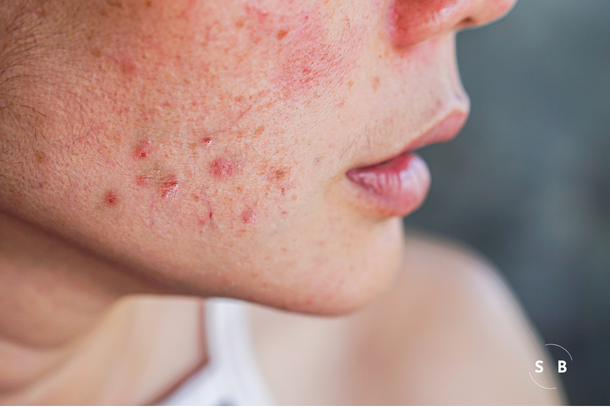
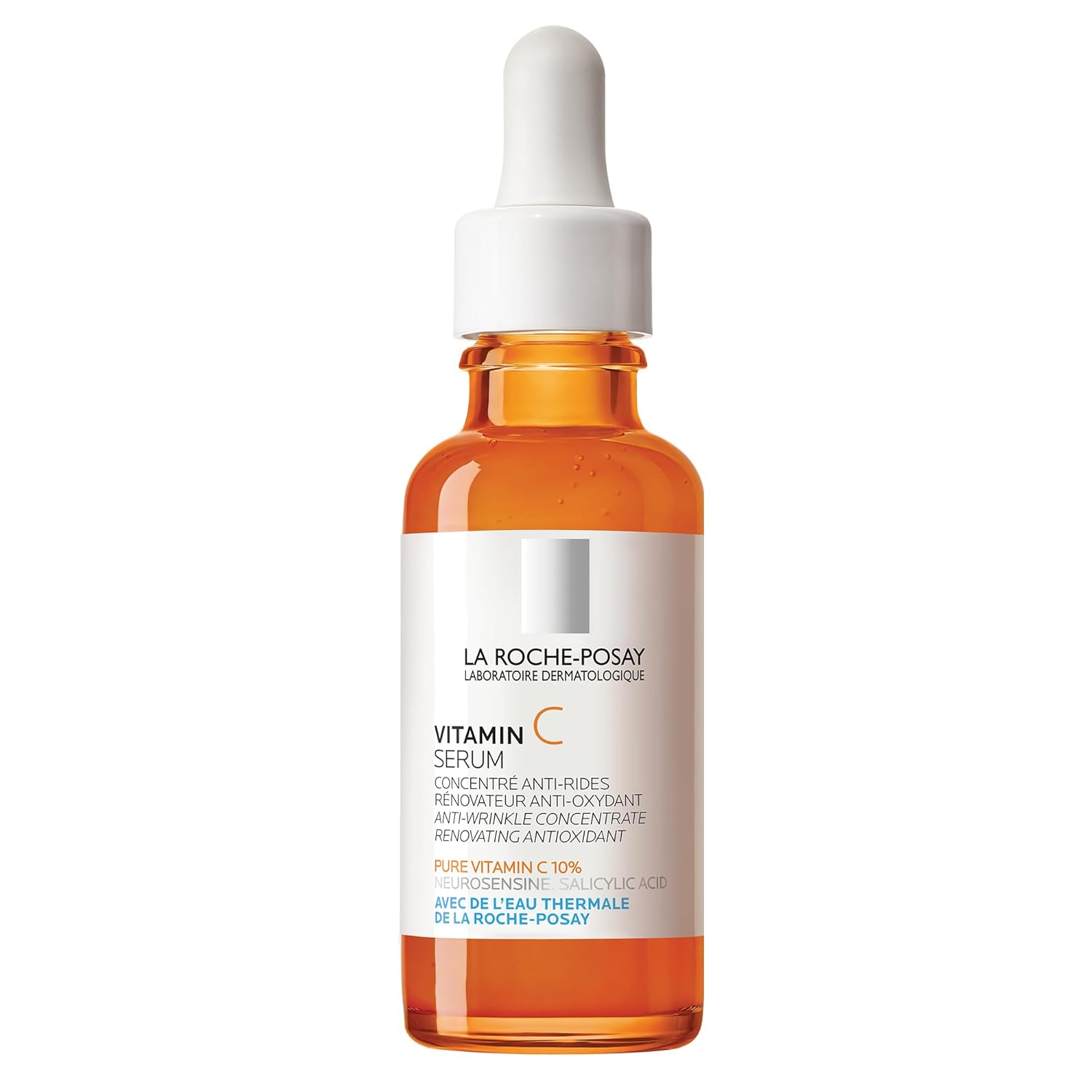
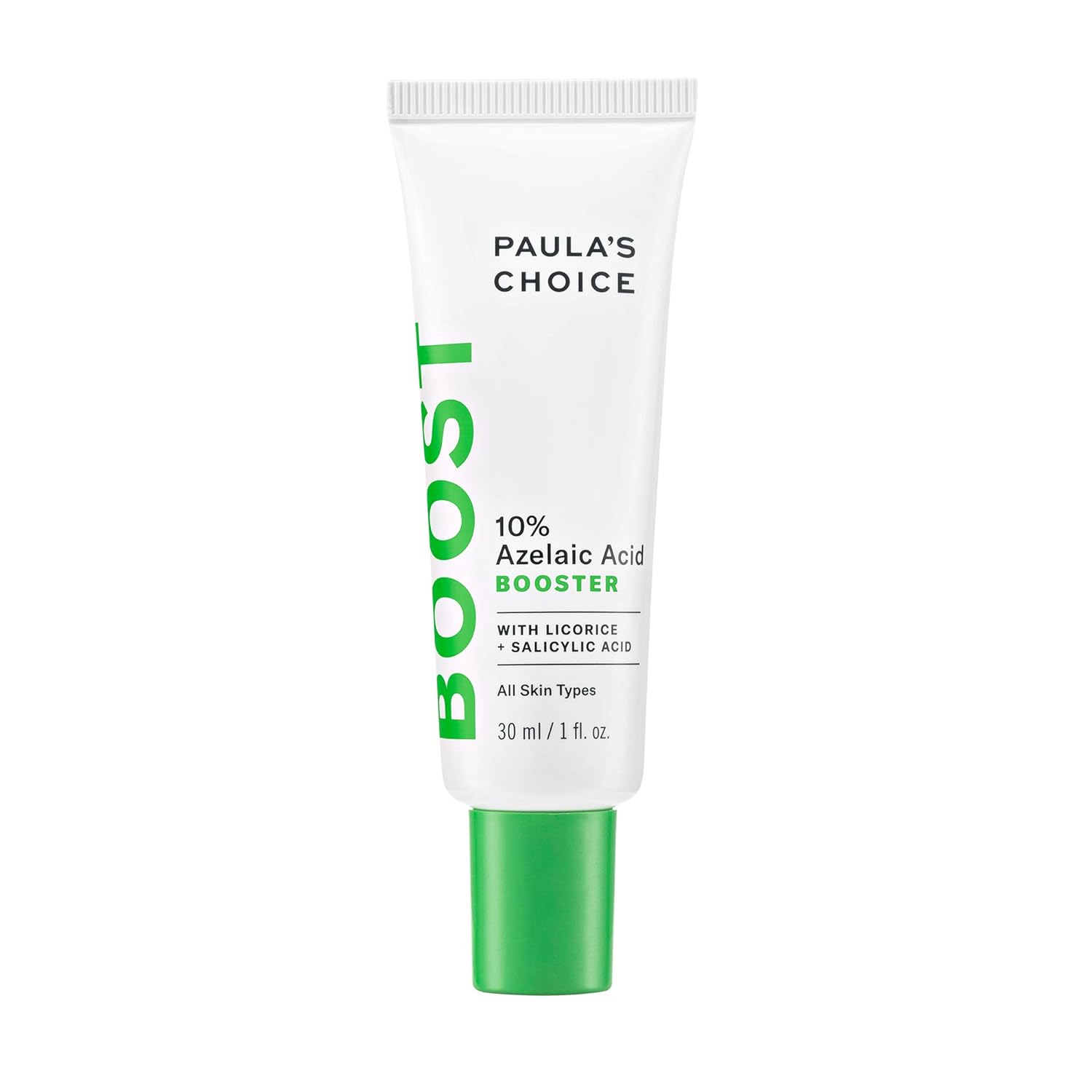
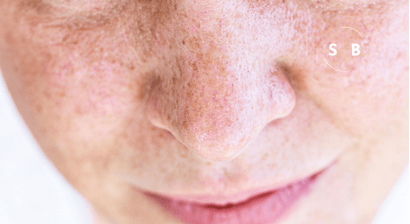
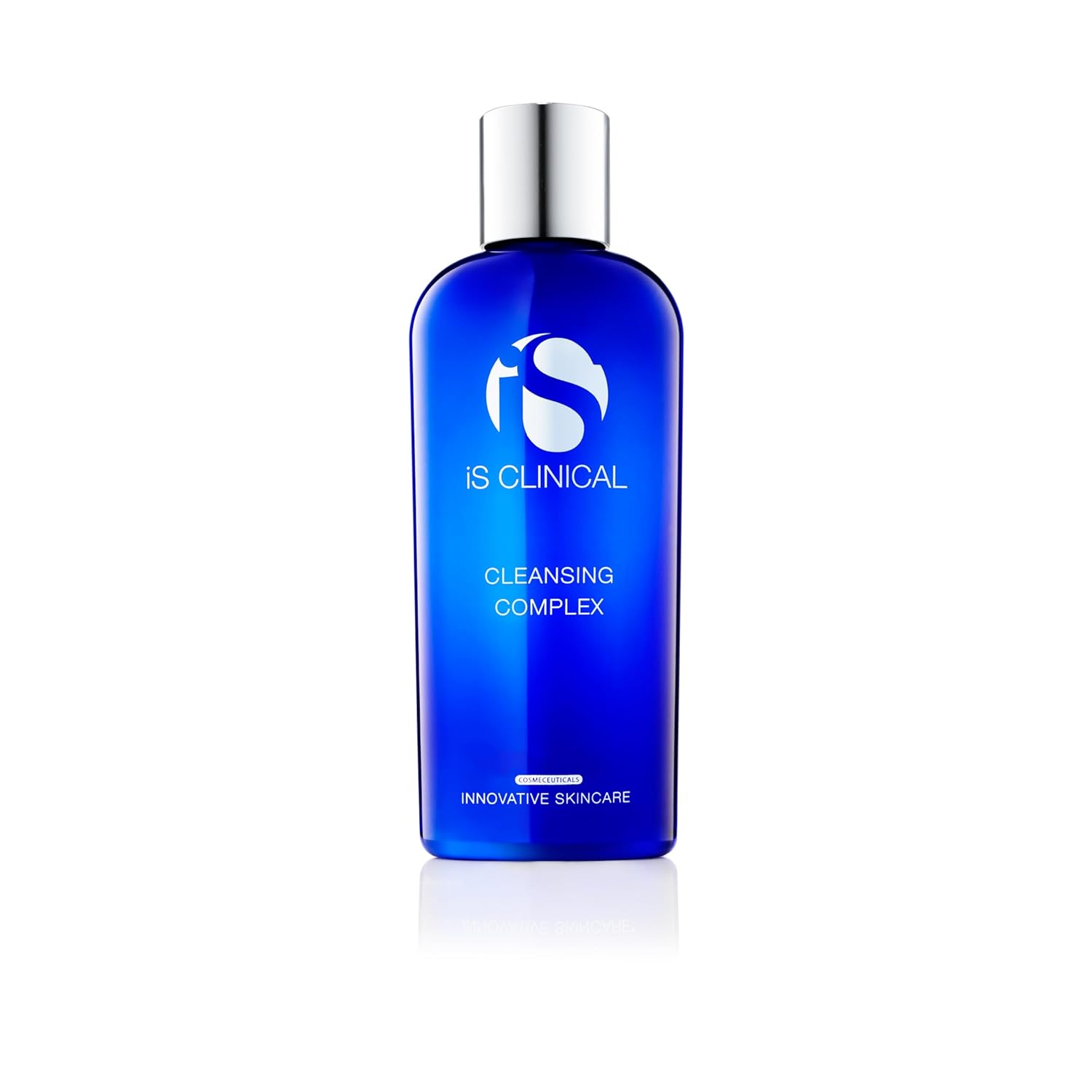
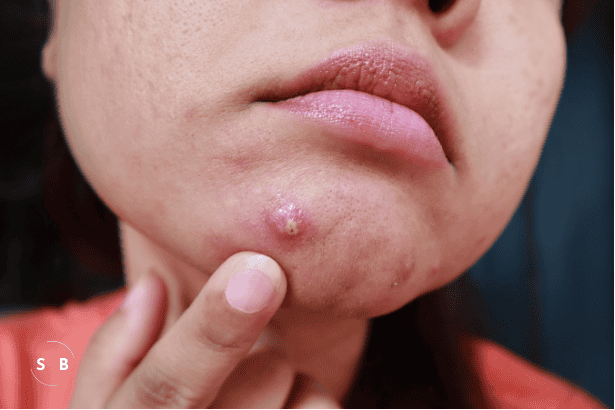
Leave a Reply